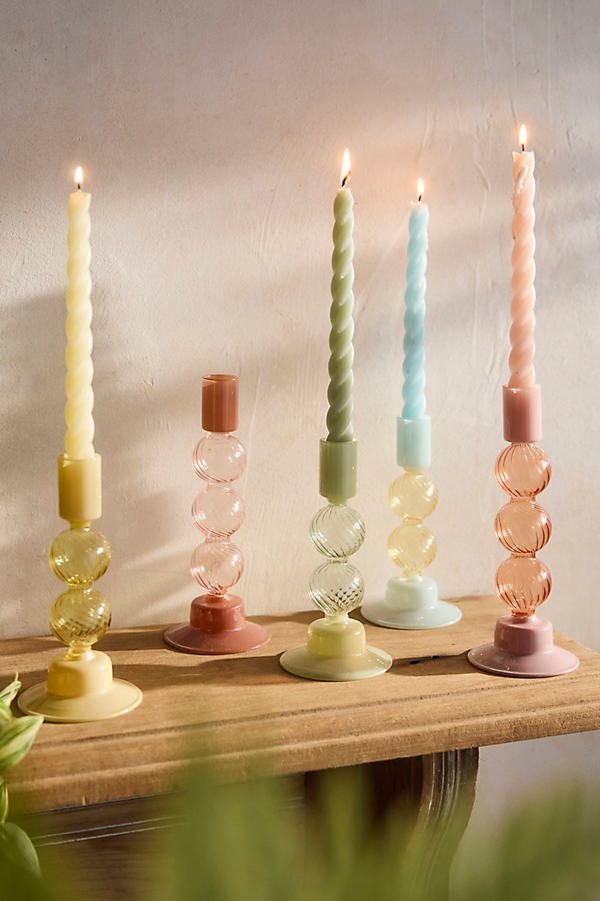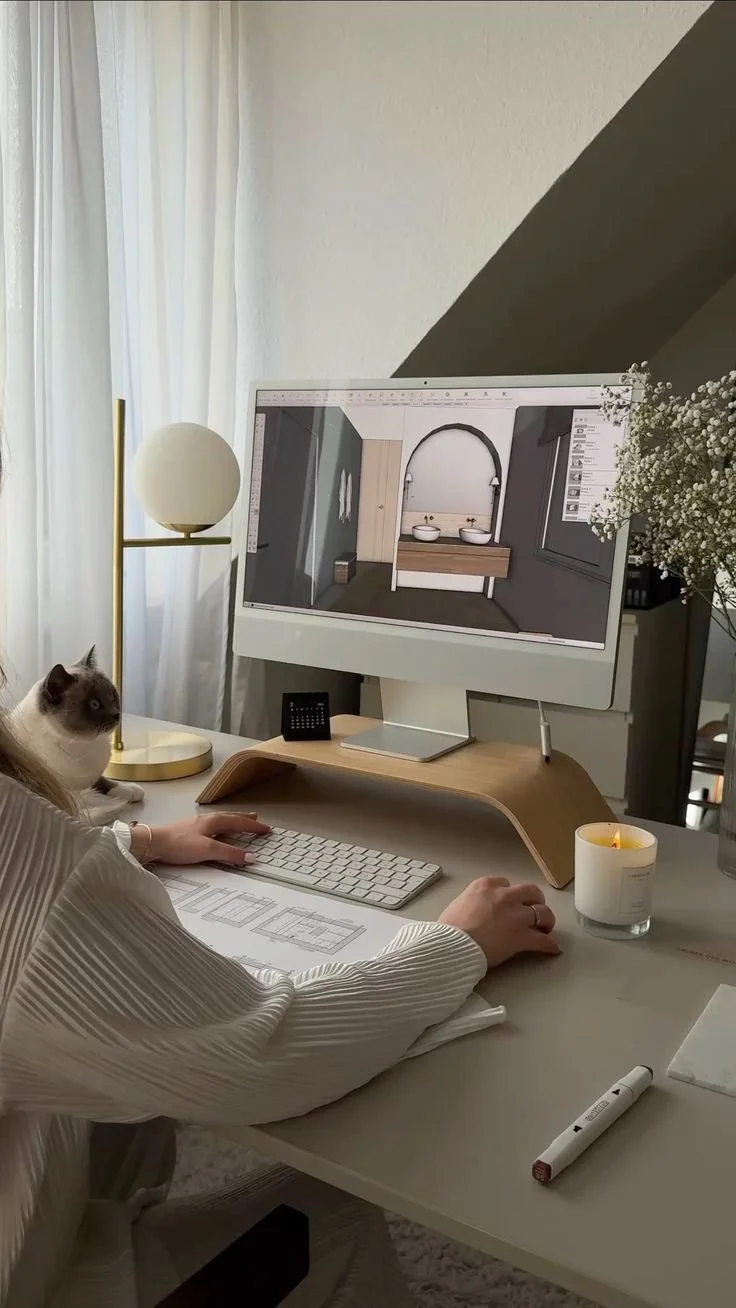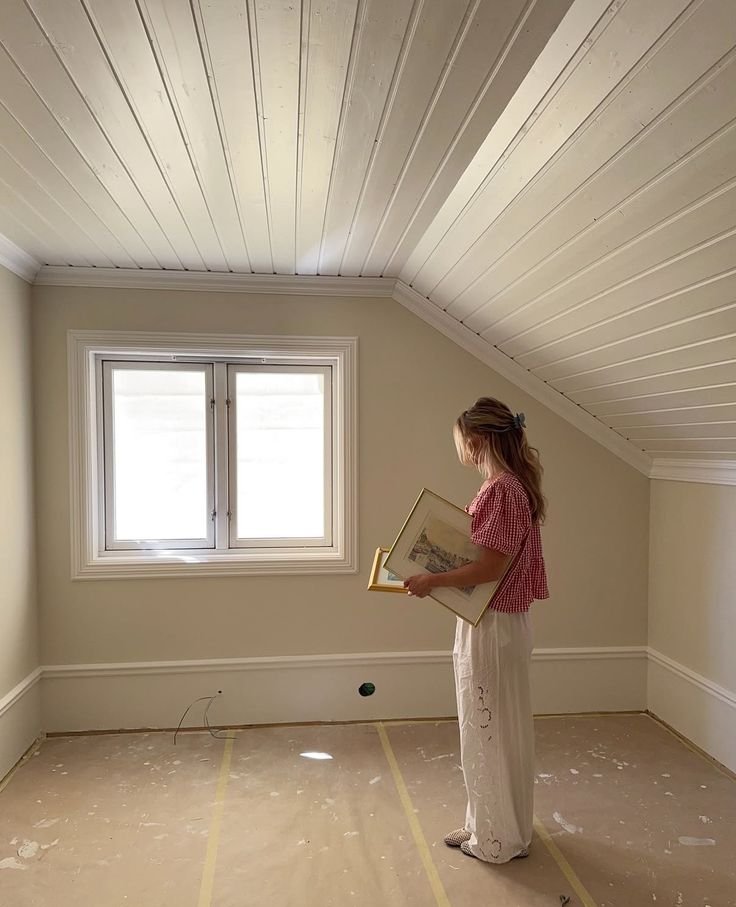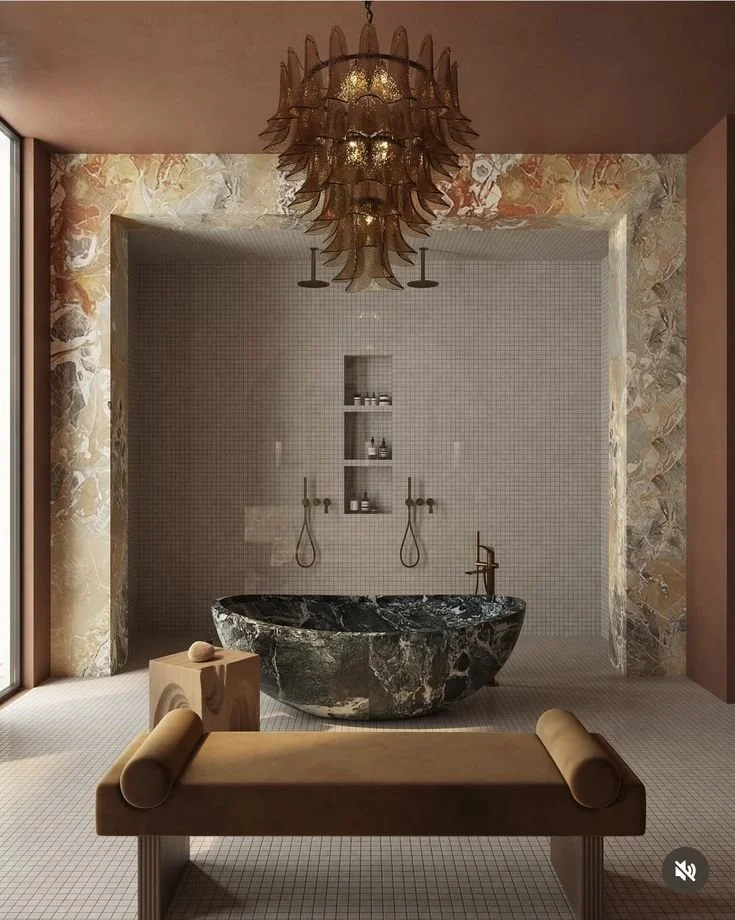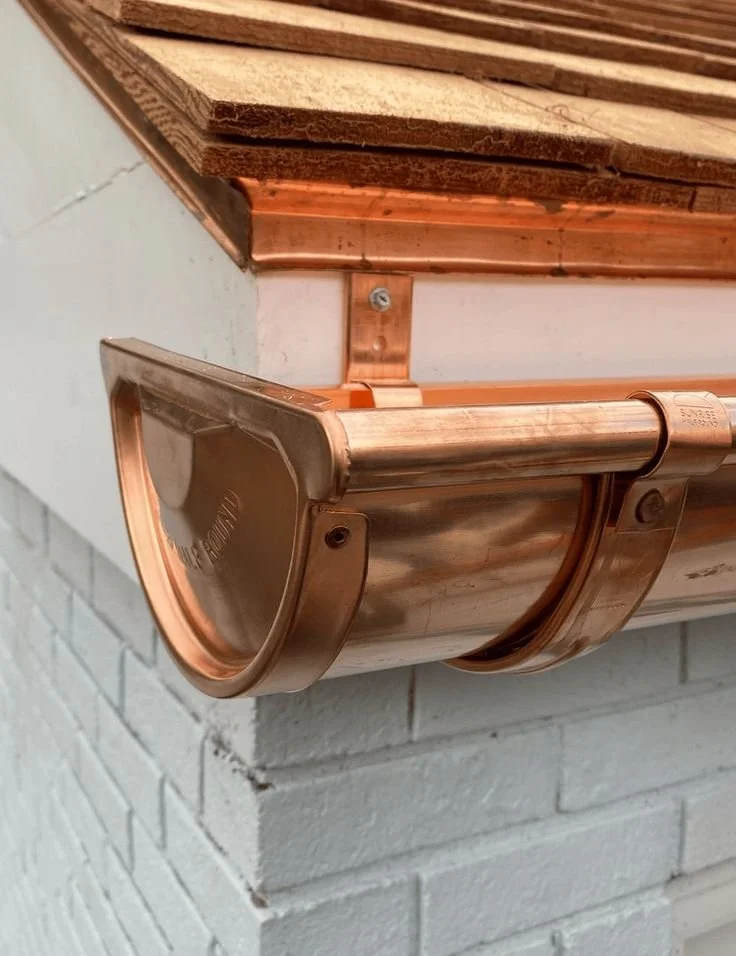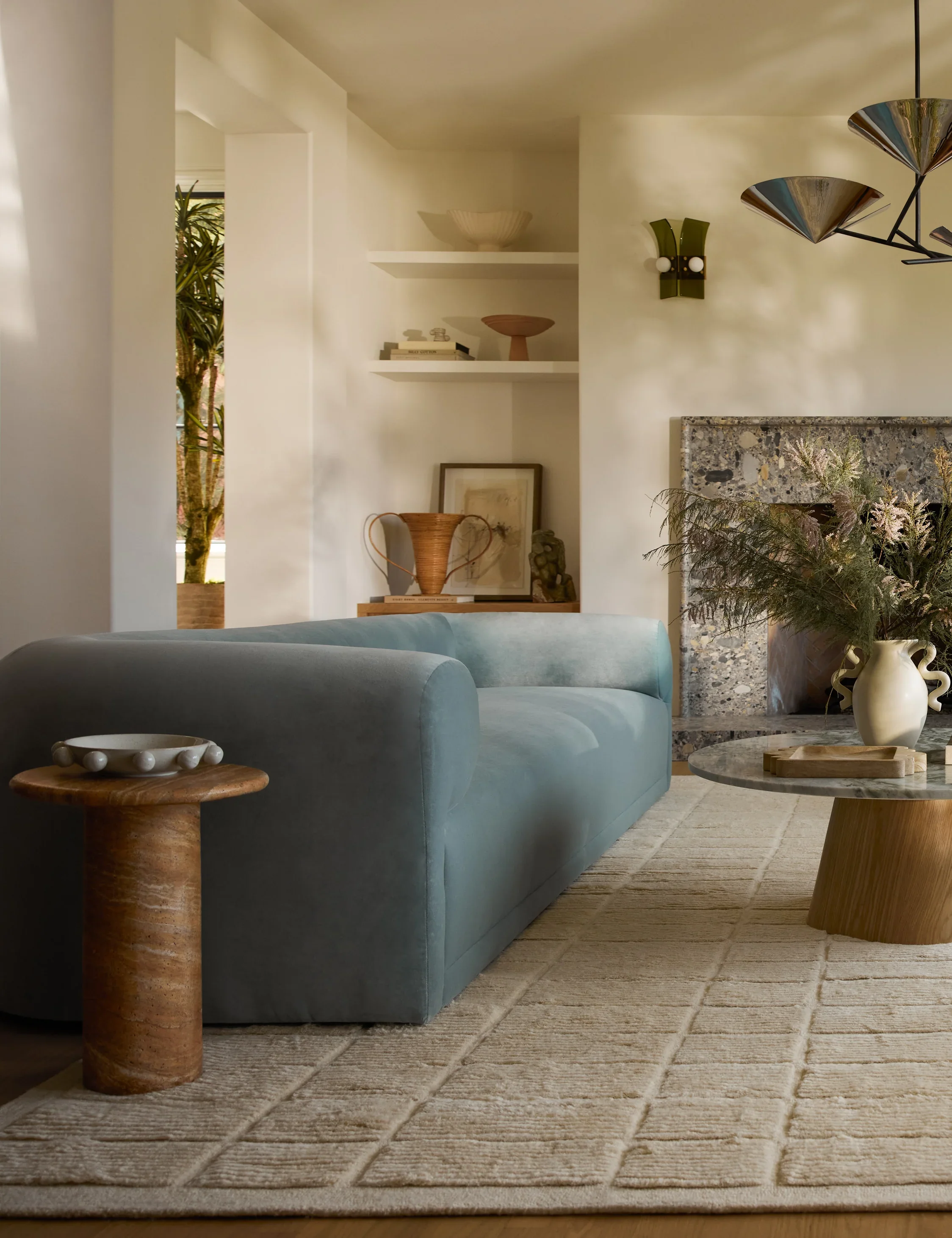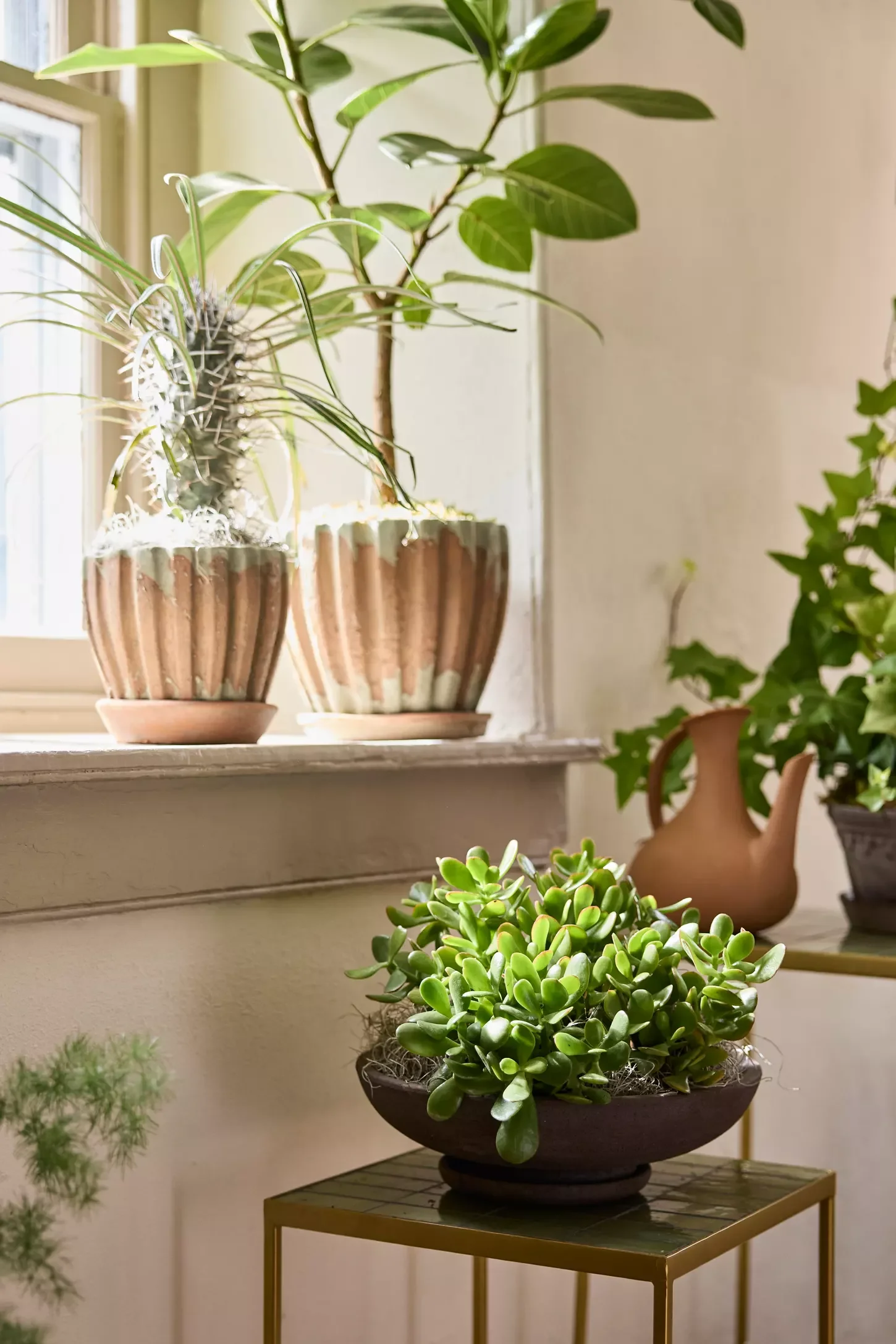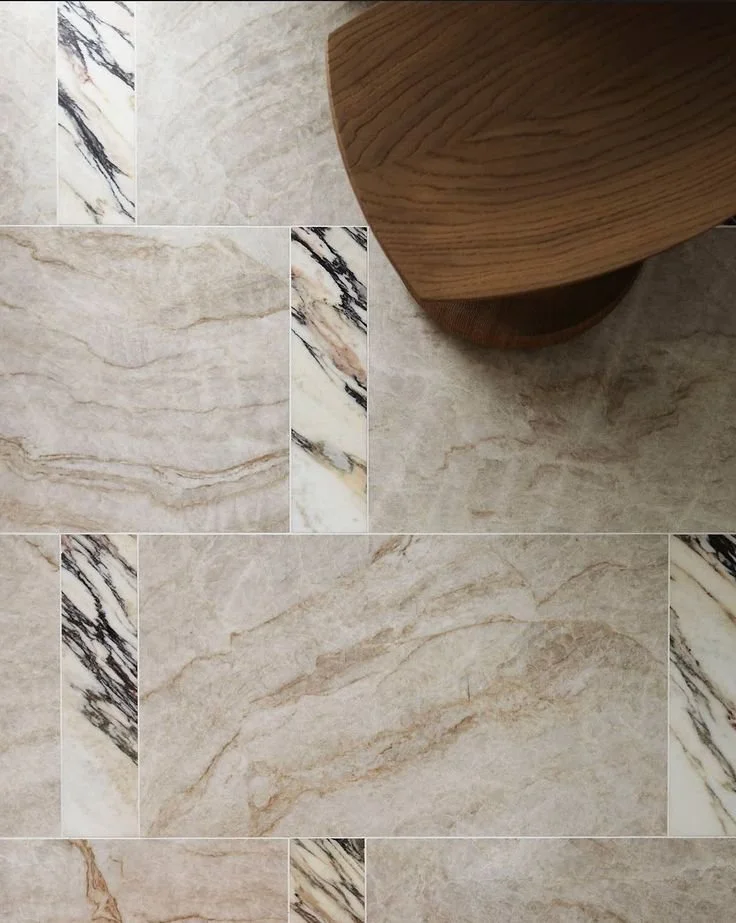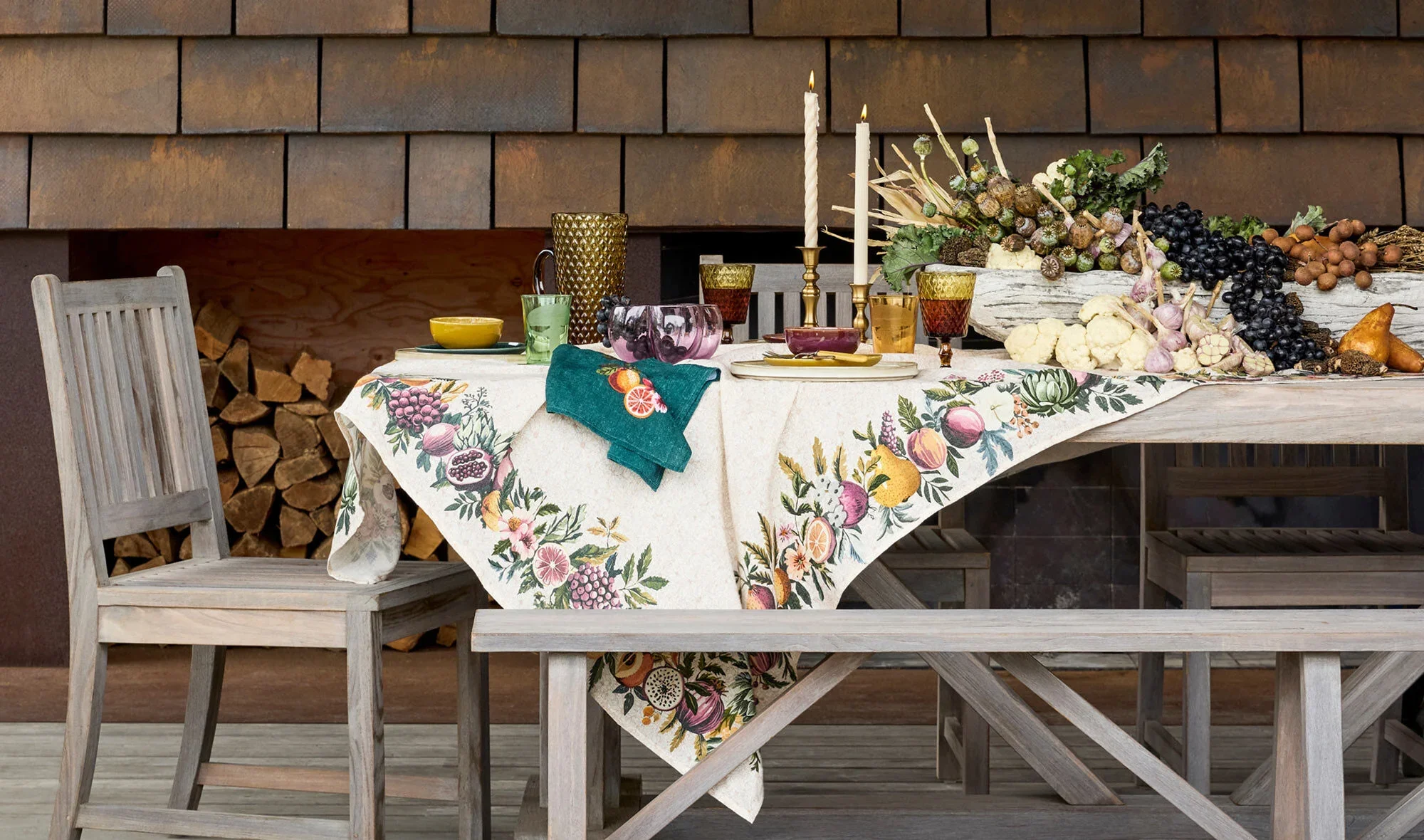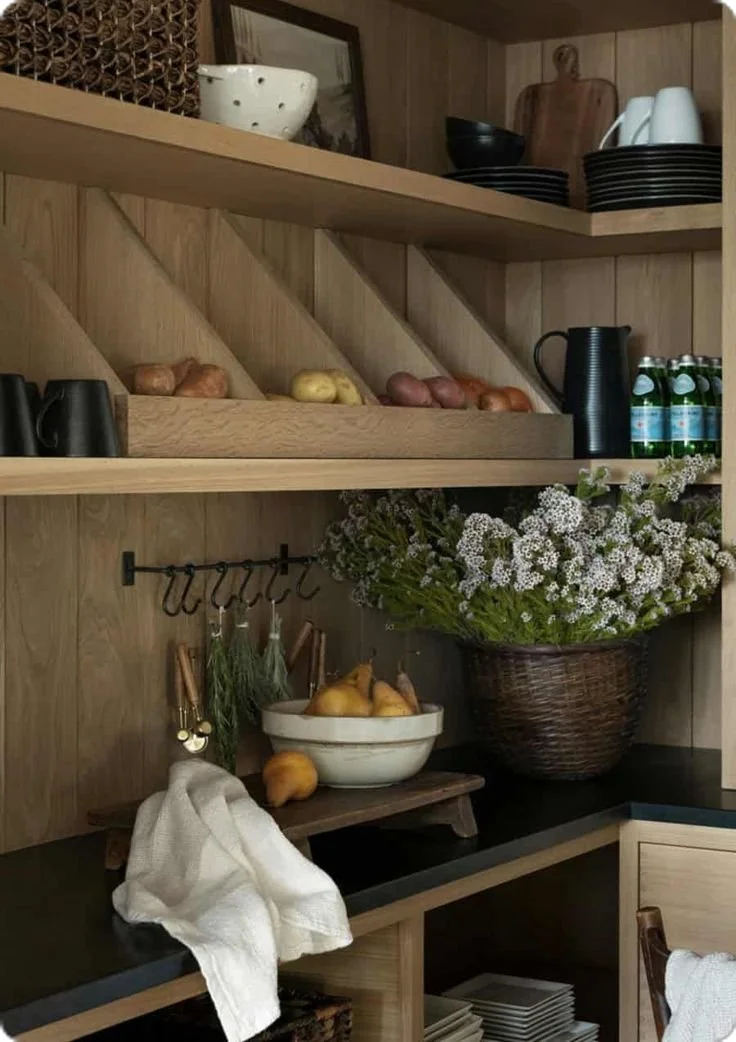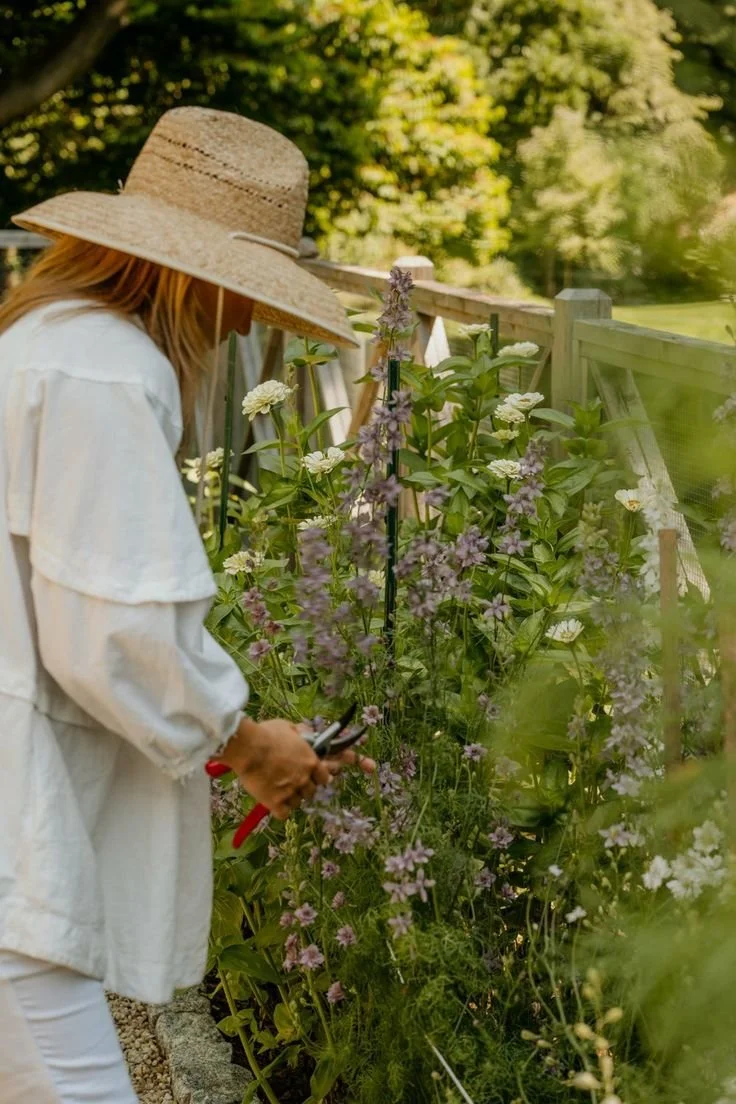Are You A Collector Or A Hoarder?
Collectors and hoarders both have a penchant for collecting stuff. However, they are not the same thing. Whereas collecting can be a healthy hobby, hoarding is categorized as a form of OCD.
Many hoarders consider themselves collectors until things get out of hand and their condition becomes obvious. By this point, it can become difficult to tackle the problem alone, and professional outside help is often needed. Of course, it’s possible for a hoarder to become a collector and change their ways, however, this requires understanding the differences and making necessary changes.
To determine whether you are a collector or a hoarder, it could be worth asking yourself the questions in this article. They will give you a good idea as to how healthy your obsession with collecting is and whether you need to make adjustments.
No. 1
Is your collection compulsive or curated?
A collector is fussy as to what items they collect and will often spend time hunting for specific items. Items are typically rare, valuable, or part of a set such as antique and vintage items, stamps, DVDs, vinyl, or sports memorabilia. Although they may still spontaneously buy items that they’ve stumbled upon, such purchases are usually items that they were planning on acquiring anyway.
A hoarder is more likely to buy items compulsively without having a goal or parameters. They may alternate between collecting various different things. The items they choose to collect may also not be of any value and may include mundane things like receipts, food cans, and shopping bags.
No. 2
Are your items organized?
A collector keeps their items carefully organized so that they know where to find each item and can easily retrieve it. They make an effort to keep each item in good condition by storing items in a certain way and cleaning them if necessary.
A hoarder is more likely to stack items willy-nilly or throw them in a pile. This can result in items getting lost—in some cases, a hoarder may buy the same item twice because they can’t find the one they already own. Items are generally not kept in good condition and no effort is made to maintain them. Items may even start to attract cobwebs, decay, get crushed, or get infested with pests in extreme cases.
No. 3
Are you happy to show guests your collection?
A collector is proud of their collection. They may organize their collection in a way so that guests can marvel at it. In this modern era, many collectors have taken to social media or run blogs in which they show off their collection, networking with other collectors. Others may be more private but are still not embarrassed to show a fellow enthusiast if they meet one.
A hoarder is often more embarrassed about showing people their collection because it is not organized. They may tell people they collect certain items, but not be willing to show them. In fact, many serious hoarders don’t let anyone visit their home because they are aware of how messy it is and are ashamed.
The Container Store
Your ultimate destination for innovative storage and organization solutions for home or office—offering everything from stylish bins and shelves to custom closet systems
No. 4
Has everyday living become impaired?
A collection usually does not get in the way of everyday living. While some collectors may dedicate an entire room as a collectible library, it is not a room that they otherwise need and there is room to walk around it. If a collector needs extra space for their collection, they will usually look into storage units or move into a larger home. However, they will generally still have limits; they won’t let a collection overspill into other rooms where space is needed or put themselves into financial trouble to afford extra space.
Hoarders generally collect stuff until it starts to make rooms inaccessible or becomes dangerous. Getting around the house can become difficult and surfaces like desks and tables may become unusable. In some serious cases, everyday tasks like cooking and bathing may become impossible.
Takeaways
In many cases, there are clear differences between being a collector and a hoarder. However, it is possible to ride the fine line between the two. If this is the case, it’s important to take steps to transition towards collecting, which could involve getting rid of some items, organizing your collection, carefully selecting new items and making sure that everyday life is not affected.
If you think you’ve already transitioned into a full-blown hoarder, understand that there is help out there. This includes therapists that specialize in hoarding and professional decluttering companies that can reduce and organize your hoard.
Looking for Home Resources?
Looking to enhance your living space and create a sanctuary that supports your well-being? Explore our home partners who offer a wide range of resources to elevate your home environment.
